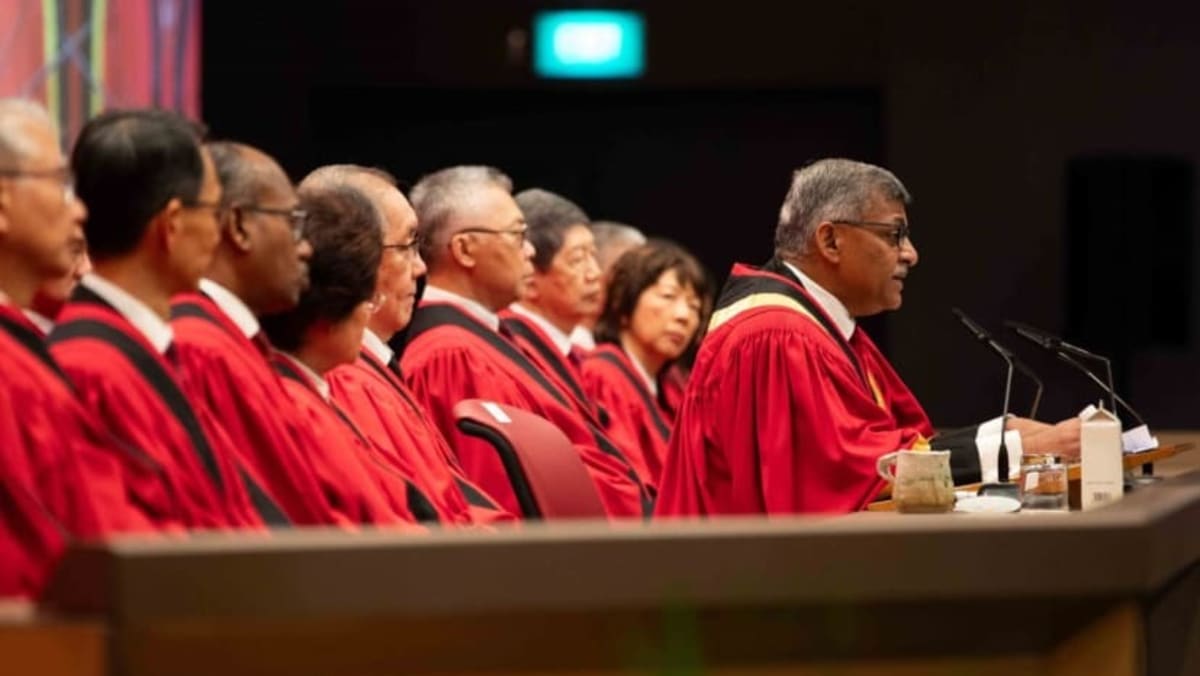Not just growth and nationalism: India’s Modi campaigns on foreign policy

“MINCES NO WORDS”
Subrahmanyam Jaishankar, India’s suave and sometimes acerbic foreign minister, is the person most identified with the country’s recent assertiveness on the international stage.
Last June, Jaishankar was asked repeatedly at a panel in Bratislava about India’s purchases of Russian oil, which increased even as Western capitals slapped sanctions on Moscow in response to the invasion of Ukraine.
Jaishankar said: “Europe has to grow out of the mindset that Europe’s problems are the world’s problems, but the world’s problems are not Europe’s problems.”
Video of this response, like many of his others as a minister, are often shared on social media platforms in India, and have millions of views on YouTube.
Jaishankar, who is from India’s diplomatic corps and has been envoy to China and the US, has become Modi’s chief spokesman for the world, and translator of foreign policy for the domestic audience.
BJP’s Sahasrabuddhe said the “apex level leadership is very clear about the approach, that we will not offend anybody but if some country offends us we will not take it lightly”.
Jaishankar, he said, articulates this in an effective manner. “Articulation these days has become so very critical, and on that count his contribution is remarkable. He minces no words.”
Jaishankar’s office turned down multiple requests for an interview.
In his book ‘Why Bharat Matters’ released in January, Jaishankar wrote that India sees “no contradiction in espousing internationalism abroad while articulating nationalism at home”.
Indians are more globally aware now because of travel, the internet and the diaspora, and expect the country should receive more recognition and respect on the international stage, said Rohan Mukherjee, an assistant professor of international relations at the London School of Economics.
The BJP, he said, “has understood the pulse of a rising nation and worked hard to cultivate the idea that India’s standing in the world has risen on their watch. So ultimately, there is both demand and supply for foreign policy to be a campaign issue”.
However, foreign affairs analysts warned that while this assertiveness in the international arena is applauded by the domestic audience, it may not always play well overseas.
“Sometimes, it’s better to seek your interests under the radar, so to say, rather than engage in megaphone diplomacy, because that causes apprehensions and also push back at times,” said Kantha, the retired diplomat.
Source: CNA















